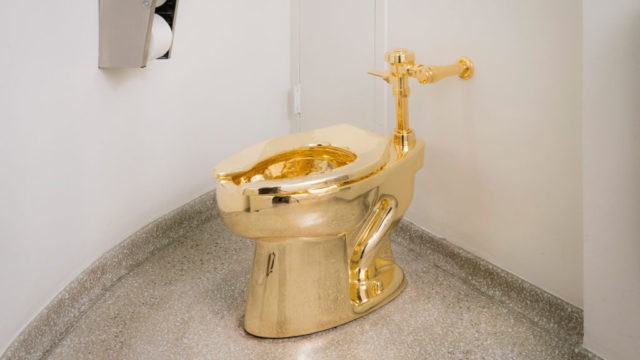Harvard University is offering a new graduate course on the role of feces in French literature of the 20th and 21st centuries.
Harvard University Assistant Professor of Romance Languages and Literature Annabel Kim has introduced a new course on the pervasive role of human excrement in contemporary French literature.
Kim says her goal for the course is to analyze the role of feces across recent French literature and to help students to “attend to the things it has to tell us.” Kim wants her students to come away from the class willing to look at feces “not as a site of disgust,” but rather “as a site of creation.”
In the course description on the Harvard website, Kim says that she will achieve these course goals by assigning her students an array of “scatological texts.”
French literature, from the Middle Ages to today, has been consistently and remarkably scatological. Fecal matter is omnipresent in works and authors that we consider canonical (e.g. the fabliaux, Rabelais, de Sade, Beckett, Celine) and yet its presence has been remarkably submerged or passed over in readerly and critical reception of modern and contemporary French literature. This course proposes to take this fecal presence seriously and to attend to the things it has to tell us (hence the plurality of cacaphonies) by starting with the following premise: If literature is excrement, then the canon is a chamber pot.
On her Harvard faculty page, Professor Kim wrote that she is interested in “feminist writing and theory” and has expertise in 20th and 21st-century French literature.
“I am interested in feminist writing and theory, the novel (in particular, the contemporary novel), and, more broadly, the ethical and political implications of writing and reading fiction,” she wrote. “While I specialize in 20th- and 21st-century French literature, I have a soft spot for literature from the 18th and 19th centuries, despite the myriad ways it has of killing off its women.”

COMMENTS
Please let us know if you're having issues with commenting.